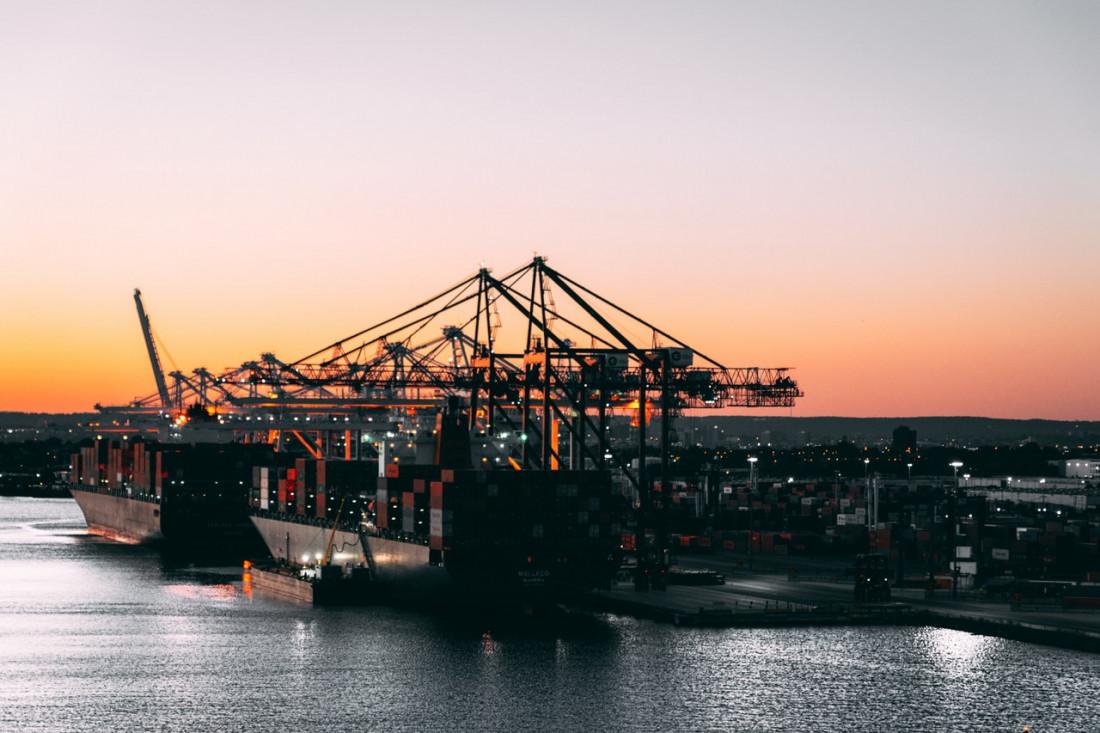Chemicals are a key part of modern life. We all depend on them more than we can possibly imagine. You can count the number of things in your life that do not require the modern chemicals industry on one hand. With the Chinese economy now the workshop of the world, and a major chemicals producer, it is important for us all to observe how the industry there progresses, as the route it takes, its successes and failures, will impact us all.
For over three decades, the Chinese chemicals industry has been growing at a phenomenal rate, with all indications of continued expansion and diversification. The Asian market for chemicals is growing at a similar speed, as the middle classes in China, Vietnam, Cambodia, India and the rest of the developing Far East grows. The changing of economies from rural to industrial to modern is fuelling chemicals industry growth.
But as these economies develop and their populations mature, it is predicted that middle class values will begin to be of greater importance. Whilst this will further aid economic development, as teachers, restaurant managers and doctors strive to own a bigger house or a second car, middle class values often also include an increased desire to protect the environment.
At present, China’s rapid growth is launching people into the modern world. By comparison, their parents worked hard to put food on the table and their grandparents may well have lived in genuine fear of starvation.
The desire for personal wealth, and the modern conveniences that this provides, has meant that China has not needed to give the welfare of the environment too high a priority…until now. For possibly a growing Chinese middle class will begin to question China’s green credentials.
For years now, China has been dependent on burning cheap coal to fuel its industries, whilst more sustainable power sources (like the Three Gorges dam), also come with an environmental price for river wildlife or a human cost on the number of homes flooded.
China has been able to largely ignore calls for greater environmental care, despite the smog that covers most Chinese cities, as electricity is in demand, not only for industry, but also for new TV’s, mobile phones and central heating. But second generation middle class people or members of an increasingly comfortable, city dwelling lower class may apply increasing pressure for eco-management.
We already know how mature Western market economies cope with the pressure of being seen to be green. With political will for fossil fuel reduction, efforts to ethically source raw materials, carbon taxes and wind power subsidies, all of which come at a price and seriously affect the competitive advantage of industries.
We can also see how developed Asian economies in Japan, Taiwan and South Korea manage their middle classes’ desire to stay green. They give us a model of how we can expect developing democracies in India, Thailand and Malaysia to mature in this regard. But Chinese industry is largely state-owned, its economic and environmental policy established by central committee. How will they manage their expanding chemicals industry with increased pressure to be environmentally friendly?

